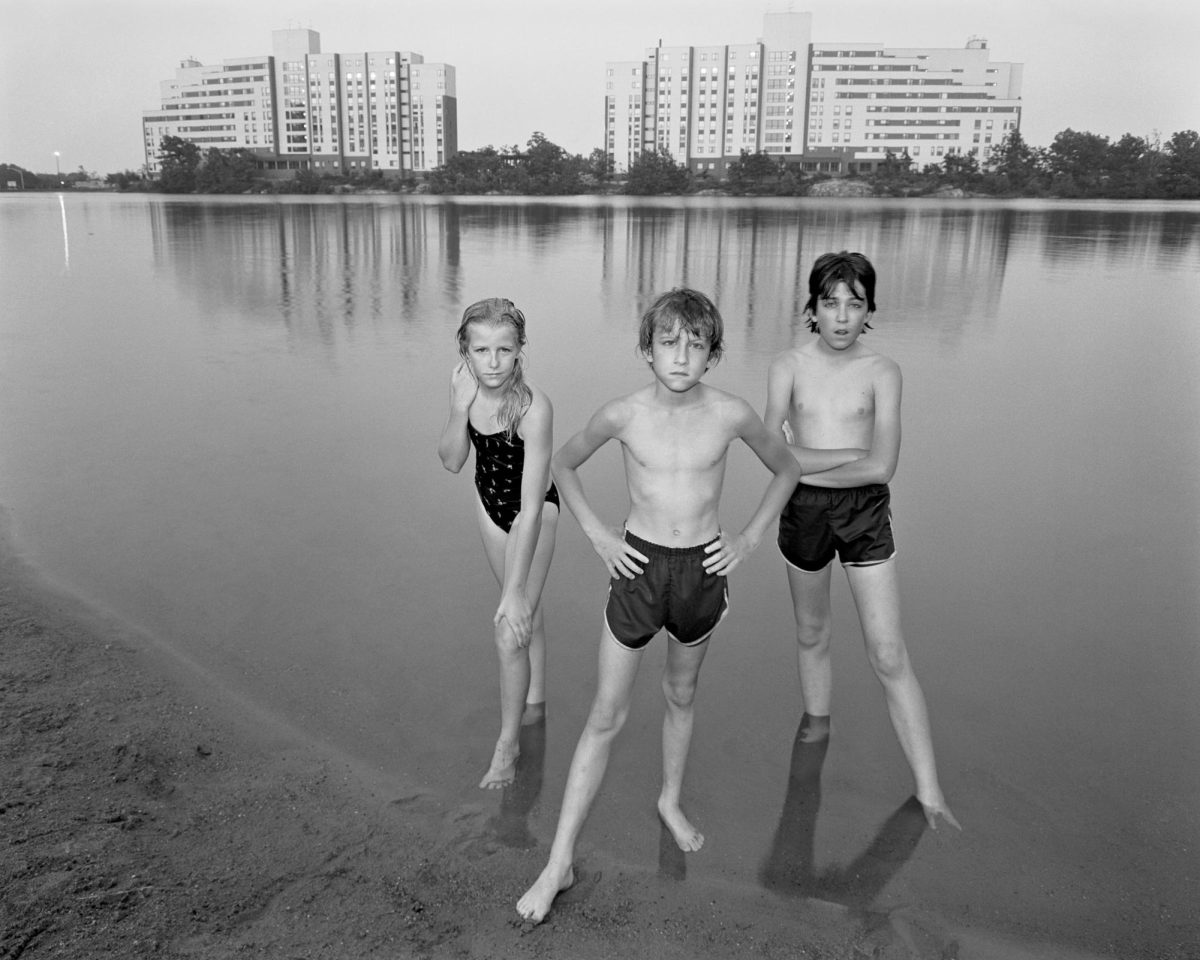It was my 8th birthday when I first discovered the new world of learning and imagination, which was Percy Jackson. That year was a tough year for me — my best friend had moved down to Florida, and I found myself retreating into the world of books and reading. The first series I discovered at that time was Rick Riordan’s most notable series, detailing a trio of neurologically atypical kids as they delved into the world of Ancient Greek myths and monsters, becoming heroes in their own right as they protected the world from an onslaught of insane creatures and Titans. I quickly devoured the books, which comprised Riordan’s first pentalogy, his second sequel series “The Heroes of Olympus,” the Norse Mythology-inspired “Magnus Chase and the Gods of Asgard,” the second sequel series “The Trials of Apollo,” and even the not-so-good movie adaptations of the first two books, released in 2010 and 2013 respectively.
“Percy Jackson and the Olympians” opened my mind to mythology and history for the first time. Even after I recovered from that 3rd-grade social slump, I still would reread the series that got me into history for many years to come. Recently, reflecting on my eventual decision to major in European History, as well as in anticipation of the recent TV adaptation, I embarked on a more critical rereading of my favorite book series. While I again found myself engrossed in this rich world, finding myself transported back to my childhood imagination, I also found the book to be a perfectly adequate example of worldbuilding — enough to work for a child audience while leaving some essential information to be desired from a more adult reading audience. Nonetheless, “Percy Jackson and the Olympians: The Lightning Thief” is a practically perfect book.
Now that the emotional appeal is out of the way, let us get to why this book is not perfect. “The Lightning Thief” is a fantastic opening book for this series, comparable to the first “Harry Potter” book in worldbuilding and introducing young readers to this magical world. It has by far the best worldbuilding of any other books in the series, which is simply down to how the world can subvert itself in the first couple of chapters and throw its hero into the literal deep end of the plot. What starts as a simple school field trip to an art museum results in a demonic math teacher, mysterious water powers, and Percy finding out that he is a half-blood, a child born of human and Greek god, as he and his friends Annabeth and satyr Grover embark on a quest to retrieve Zeus’ missing Master Bolt. Mythological objects are treated mysteriously in this book, not explained right away by a hyper-knowledgeable Annabeth as would happen to an annoying degree in later books. The buildup to Poseidon being revealed as Percy’s father is perfect, working well as an enigma for uninitiated readers while providing subtle clues for those aware of the reveal. Unlike in later books, magical elements are set up in the plot so that the foreshadowing itself is hidden from the reader until the final possible second. In later books of the series, plot points only happen; here, reveals such as the winged shoes trying to drag Grover into Tartarus and Luke’s betrayal of Percy do not explain themselves, having no clear context in this book at all. It is very good storytelling, while simultaneously working as a delightful tale for kids.
But I hear you asking, “Hey Jacob, you just wrote that this is by no means a perfect book, yet you’re also saying it’s the best book in your favorite book series.” I know, I hear you. Even a god-like Janus is no match for my ability to talk out of both sides of my mouth. The truth is, I based my personality on these books. You just have to compare my humor to the humor Riordan writes for his characters to see this. But while I love the dialogue and especially the funny titles to each of the chapters that go towards adding to the level of wit Riordan writes with, sometimes it becomes obvious just how barebones some chapters are based on these titles. One chapter that has always jumped out to me for this reason was chapter 12, “We get advice from a poodle.” Yeah, yeah, funny title and all, but the chapter doesn’t do much. Three “important” things happen in this chapter: one, Grover’s reverence for the great god Pan is established, two, some weird foreshadowing happens for what amounts to be a plot twist at the end of the book, and three, it is established that Grover can talk to animals. Of these revelations, the search for Pan is barely touched on for the rest of this book, the misdirect on Hades’ involvement with the quest is unimportant for the series storyline and Grover’s ability to talk to animals is for a storyline only marginally related to his Pan-searching which ultimately goes just about nowhere. All this adds up to a nothing chapter that goes nowhere at all (hence its absence from the excellent TV adaptation). Other pointless efforts include Ares’ entire involvement in the story (the idea of a god being tricked by Kronos is an intriguing one, though it’s never brought up again for the entire rest of the series), as well as the deus ex machina of an airplane allowing the entire journey back home to be skipped entirely. Other gripes might include the lack of specific diversity in this book, which isn’t nearly as bad as it seems given the fanbase that co-opted it to bully the television adaptation stars. Still, issues are issues that stop this book from achieving the absolute perfection I feel like it should deserve.
Despite its flaws, “The Lightning Thief “is a fantastic jumping-off point for Riordan’s mythological universe. It took me until my most recent readthrough of the series to view it with a somewhat critical eye, and even so, I was able to better imagine and gain an appreciation for the series, especially for this first book (which had never really been my favorite). And even though there are certainly some structural flaws which I’m glad the TV adaptation has gone out of its way to rectify and add deeper meaning to, the world of children’s mythology would have been far poorer had it not been for Riordan’s excellent quest into the world hidden from us all.




